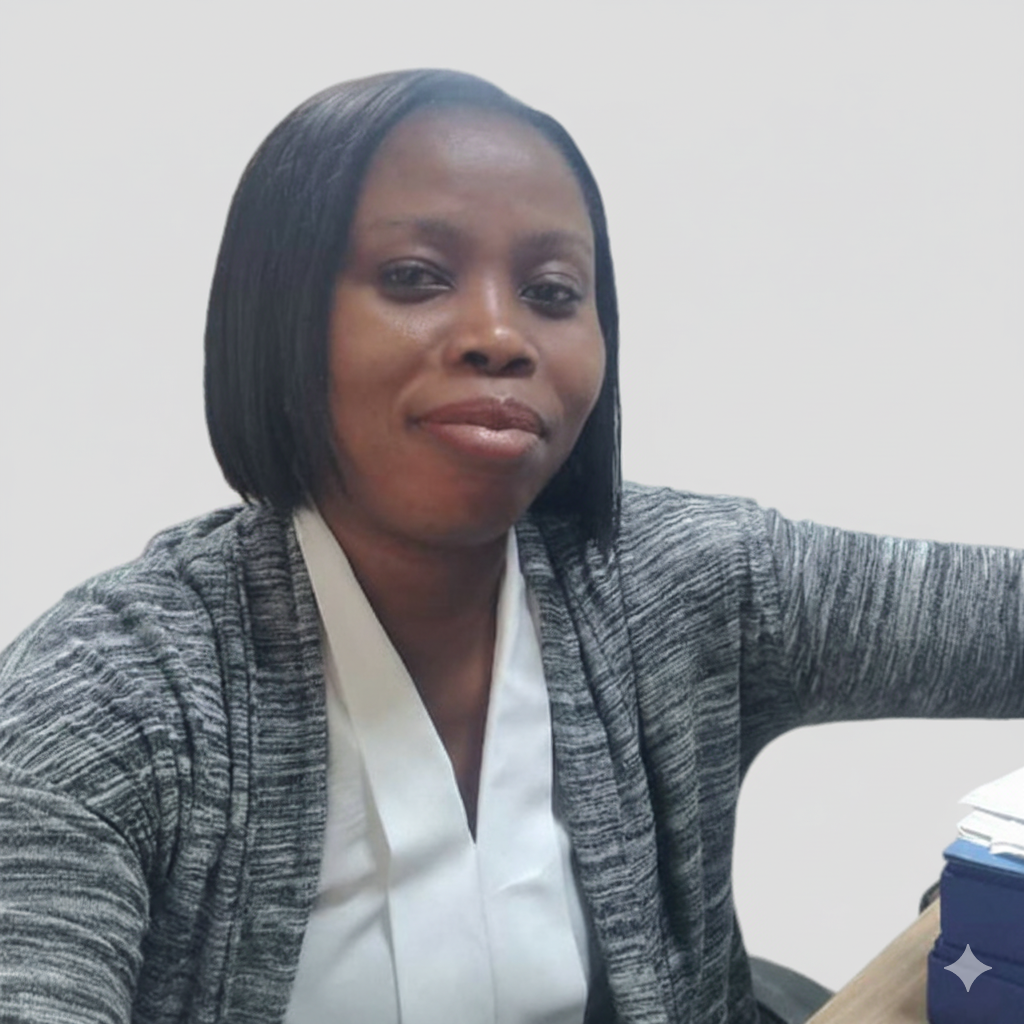Cooperatives are people-centred enterprises owned and run by and for their members to realise their common dreams. Profits generated are either reinvested in the enterprise or returned to the members.
Cooperatives bring people together in a democratic and equal way. Whether the members are the customers, employees, users or residents, cooperatives are democratically managed by the ‘one member, one vote’ rule. Members share equal voting rights regardless of the amount of capital they put into the enterprise. They allow people to take control of their economic future and, because they are not owned by shareholders, the economic and social benefits of their activity stay in the communities where they are established.
As businesses driven by values not just profit, cooperatives share internationally agreed principles and act together to build a better world through cooperation. Putting fairness and equality at the heart of the enterprise, cooperatives around the world are allowing people to work together to create sustainable enterprises that generate long-term jobs and prosperity.
Cooperative economic development, characterised by the search for means of production and efficient exchanges based on cooperation, is there to improve people’s lives and look after the environment. This is far for being a marginal phenomenon, one in every six people on the planet are cooperators.
Look at an International Cooperative Alliance fact sheet on the differences between cooperatives, conventional enterprises and non-profit organisations.














